David Owen: Vizer spells out his version of Agenda 2020, but is anyone still listening?
- Friday, 22 May 2015
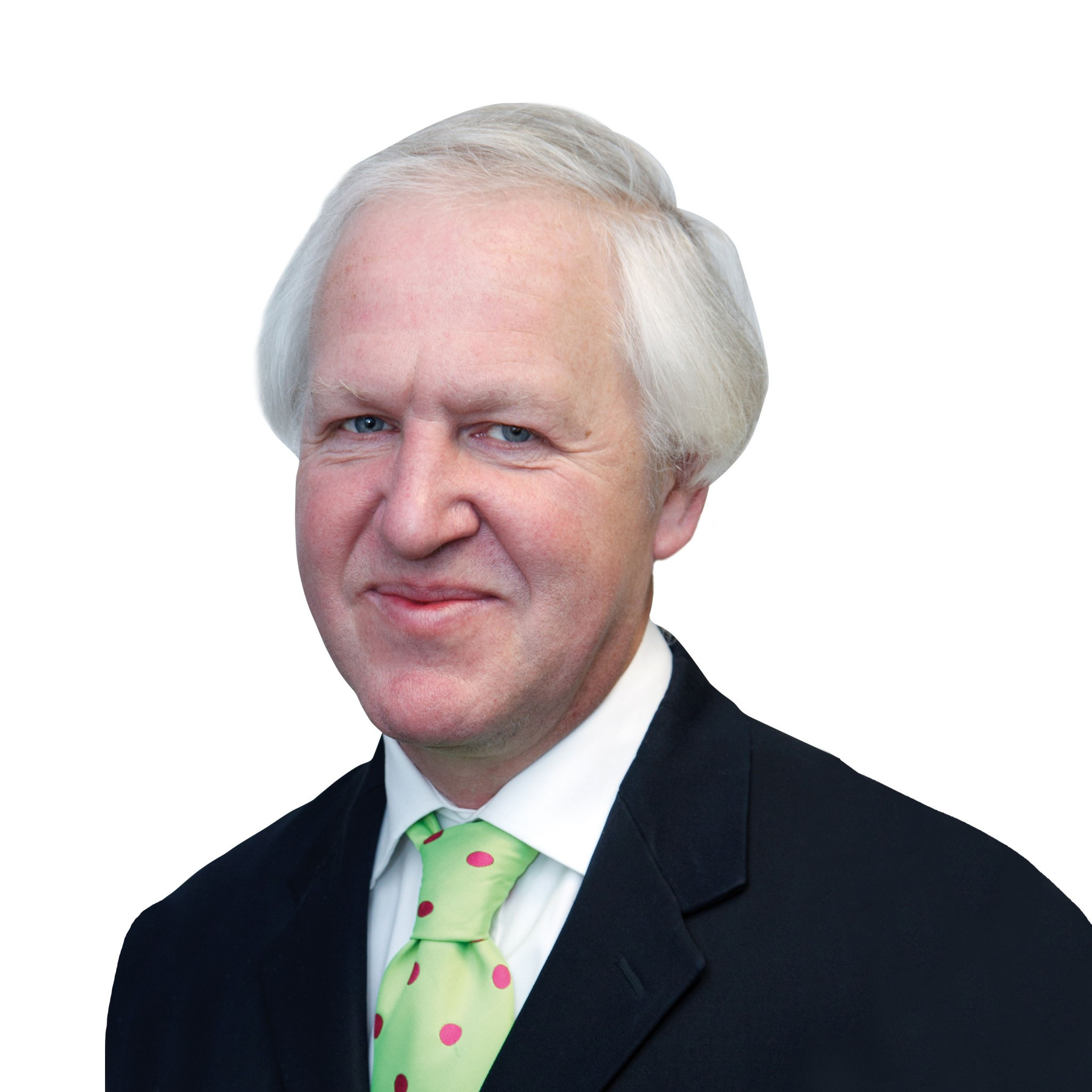
I’ll say this for SportAccord President Marius Vizer: sports politics is much more gripping when he is around.
The International Judo Federation (IJF) head yesterday followed up his explosive remarks at Sochi last month with a 20-point reform agenda that he wants to discuss with International Olympic Committee (IOC) President Thomas Bach.
This landed on a particularly busy day that included everything from the first day of the first cricket Test Match of the English summer to the latest twists and turns concerning Liverpool starlet Raheem Sterling’s future and the withdrawal of two of Sepp Blatter’s three rivals in the race for the FIFA Presidency.
Oh and Boston 2024 confirmed a new bid leader.
Yet even in this company, Vizer’s list was meaty enough to warrant close scrutiny.
One does, of course, feel that this is the sort of discussion that should have transpired while Agenda 2020 was being promulgated, rather than after it was waved through with a display of unanimity that would not have been out of place in the Supreme Soviet.
But that is part of the point that Vizer appears to be trying to make.
His problem now is that he may end up talking to himself.
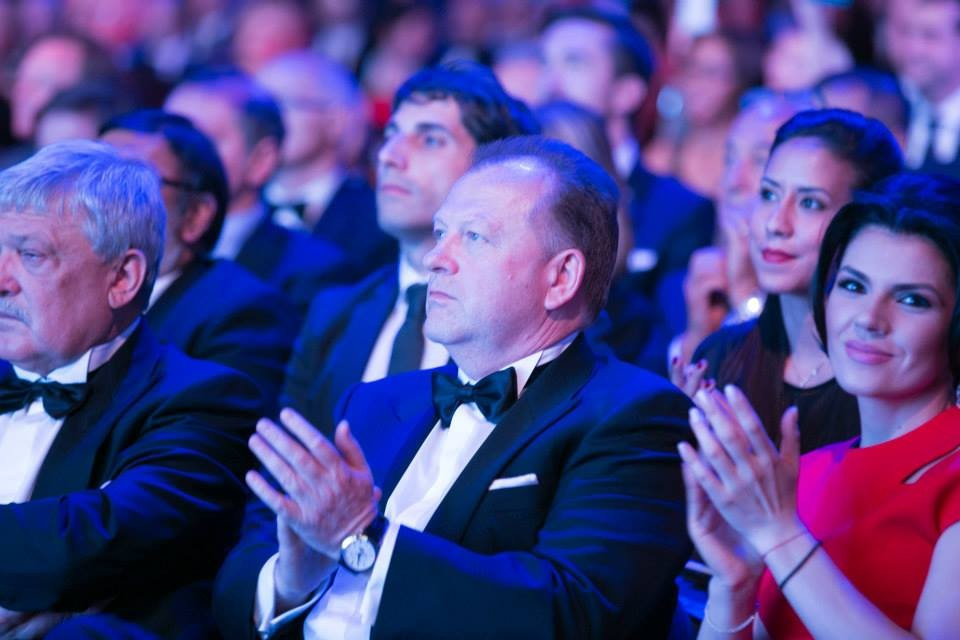
International Sports Federations (IFs) have been suspending their SportAccord memberships at an accelerating pace, and there is no guarantee, as I write, that Bach will accept his invitation for a cosy chat in Lausanne or Paris.
This is quite a cleverly-pitched list, however, and some Olympic constituencies will probably be glad if a number of the proposals make it onto the table, whether they admit it or not.
This might, in turn, lead to more pressure on Bach, who after all holds most of the aces, to agree to meet than would otherwise be the case.
So what do we have here?
Well one of the prime aims of the list appears to be to bring home to IFs how much better off they might be if they permit Vizer to continue fighting their corner.
Point 1 lays claim on their behalf to 25 per cent of “Olympic revenues”.
I am not entirely clear what he includes in this, but if one defines it as the IOC’s broadcast and TOP worldwide sponsorship programme income (part of which is value-in-kind), the IFs’ share in 2009-2012 would have amounted to $1.2 billion (£770 million/€1.1 billion) against $728 million (£467 million/€652 million) actually received.
He has his eye on increased voting power for IFs, as well as spending power, urging IOC membership for an elected representative from each Olympic IF.
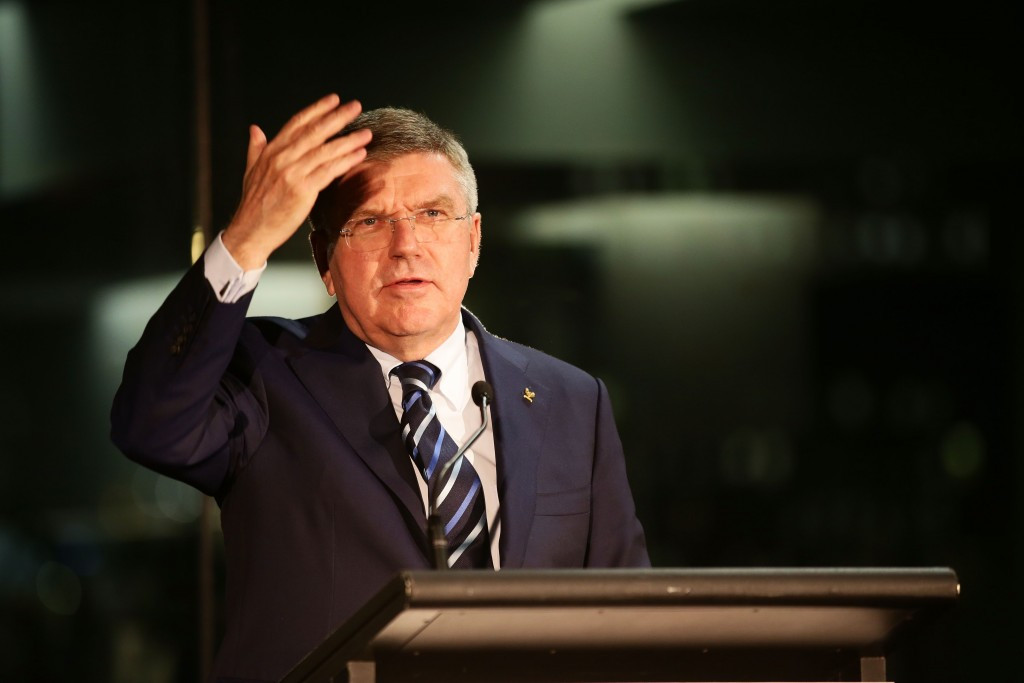
Also better perks, calling for a right for IF Presidents to present medals to athletes during presentation ceremonies and guaranteed ticket access for all National Federation Presidents with competing athletes.
Having laid into the Olympic TV Channel in Sochi, accusing IOC members of voting “unilaterally, without a clear business plan, commercialisation plan and project, to reduce the dividends to International Federations in order to establish [it]”, he now proposes that IFs take 50 per cent ownership.
At least then, you could say, they would have an asset to show for their reduced dividends.
There is too, I think, a sense of both mischief and history in his proposal that five per cent of the IFs’ share of “Olympic revenues” be paid directly to National Federations.
At present, the IFs’ money comes through two associations - the Association of Summer Olympic International Federations (ASOIF) and the Association of International Olympic Winter Sports Federations (AIOWF) – proposed by Juan Antonio Samaranch, the wily IOC President in the last two decades of the 20th century, specifically so that Olympic Games dividends would be channelled back via bodies under the IOC umbrella and not the SportAccord one (or General Association of International Sports Federations, as it was then).
This at a time when another IF leader, Thomas Keller, was laying claim to what the IOC considered too much power for the Federations.
Returning to an old theme, Vizer also wants “encouragement and full support” for multi-sport events outside the Olympics.
These could obviously be a supplementary source of revenue for IFs, both Olympic and non-Olympic.
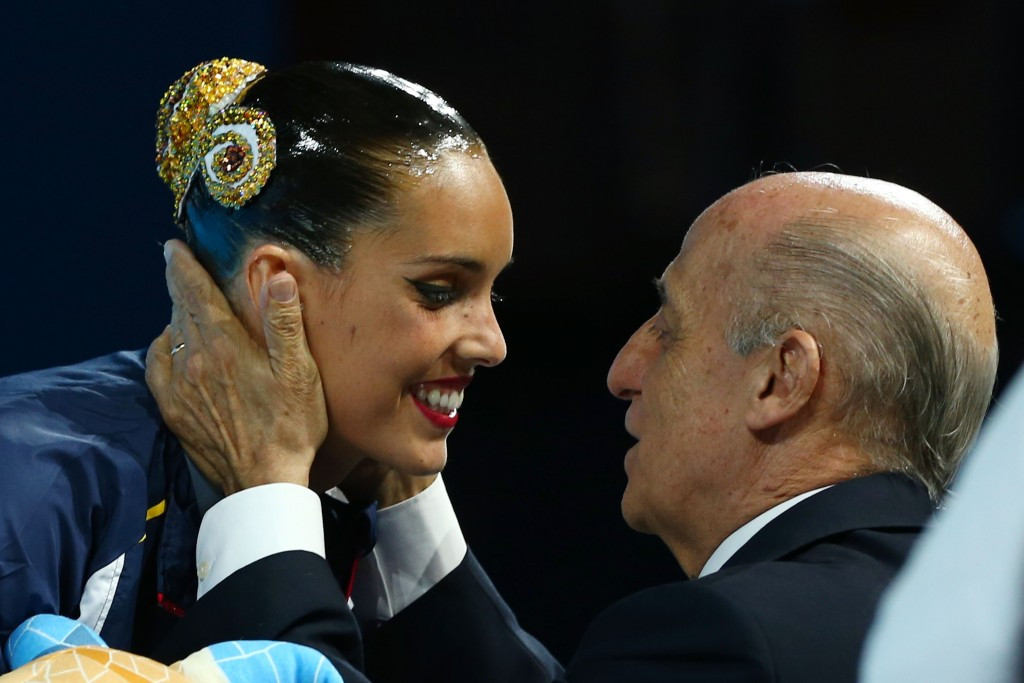
If the IFs are not minded to slow their flight from SportAccord and put pressure on Bach to reopen the reform process on the strength of this, then maybe another constituency can be persuaded to do so.
Vizer’s proposals also include what look to me to be two immensely appealing innovations for athletes, an increasingly influential, if still I think somewhat patronised, grouping in the IOC nowadays.
Proposal 2 calls for an “Athlete Support Fund” to act as a pension scheme for all Olympians.
Still more strikingly, proposal 3 urges prize money for athletes at the Olympics.
If I were an active or retired Olympic athlete (as, actually, is Bach), particularly if I were a relatively obscure one, I’m pretty sure I would be keen to see these ideas pursued.
Apart from the obvious point that he ought maybe to have thought about publishing this list around a year ago when everybody else was tabling reform proposals, I can think of a couple of other snags that Vizer may face which may become obstacles to getting this very considerable load off the ground.
First, if the IFs and athletes are to get more money, who is to get less?
I suspect that the National Olympic Committees (NOCs) and maybe the Games Organising Committees (OCOGs) might consider themselves prime suspects in this regard, and hence turn their attention to keeping Vizer’s agenda becalmed.
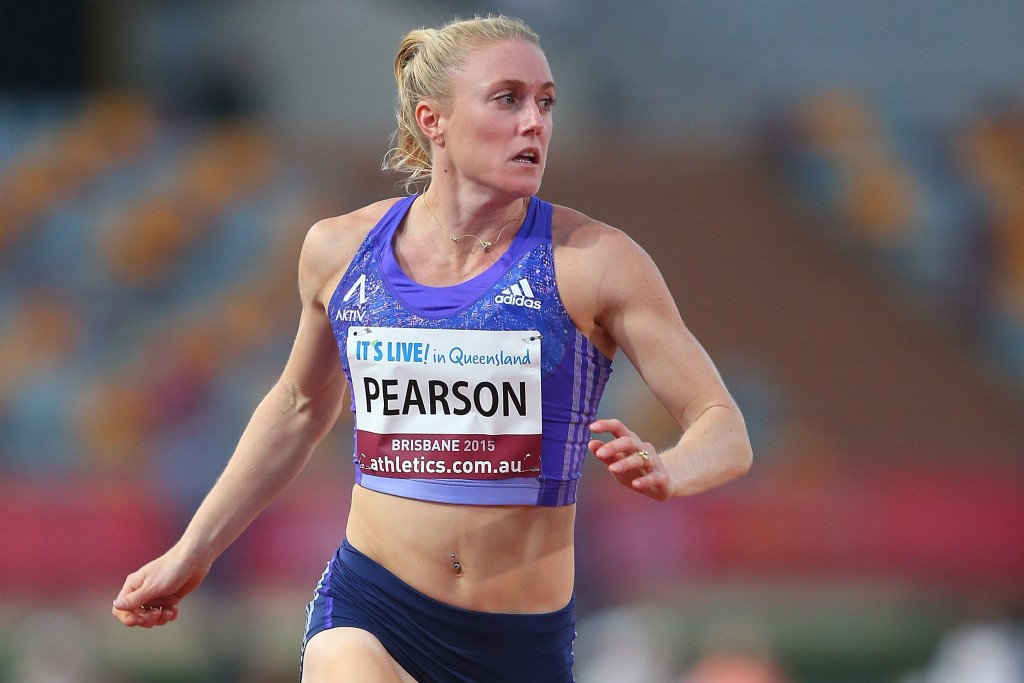
Indeed, the IOC itself might conceivably adopt a similar stance.
Second, with Olympic IFs steaming off steadily into the sunset, it is all the more imperative that the SportAccord President speak out for non-Olympic IFs as well.
And indeed he does, calling, for example, for all of them to be allowed a slot to demonstrate their sport before or after each Olympic Games, in each Olympic city.
He also wants clear rules and principles for the selection and addition of sports into the Olympic programme.
But what if the more insecure Olympic IFs fear that such steps might increase the chances of them being booted out of the Games?
They would fight them as hard as they could; after all, though the Olympic programme does not necessarily have to be a zero-sum game in this way, nor is it infinitely expandable.
In other words, I would not be surprised to find opposition to some of these proposals within the ranks of the IFs themselves.
Because of what seems to have been judged the ill-mannered nature of his outburst in Sochi, Vizer has also I think left himself vulnerable to being cut out of the loop by IFs which may think they can have their cake and eat it: siding publicly with Bach until the storm dies down, and then quietly pursuing some of the very changes Vizer advocates off their own bat, as recompense for their loyalty.
It is all fascinatingly poised, but will Bach play ball, or tough it out by turning down the SportAccord President’s invitation to a rendez-vous in the first week of June?
We will have the answer in coming days..
